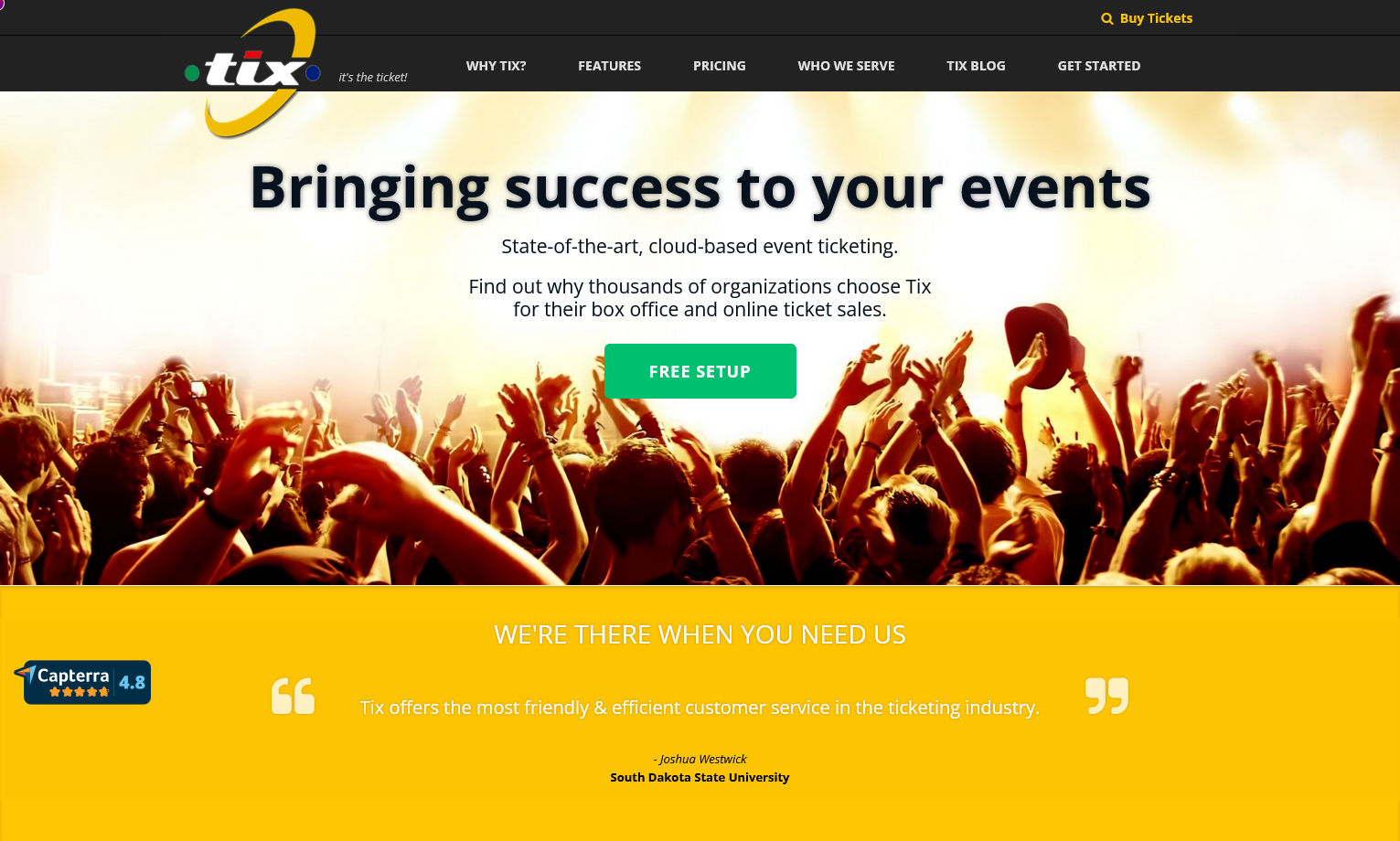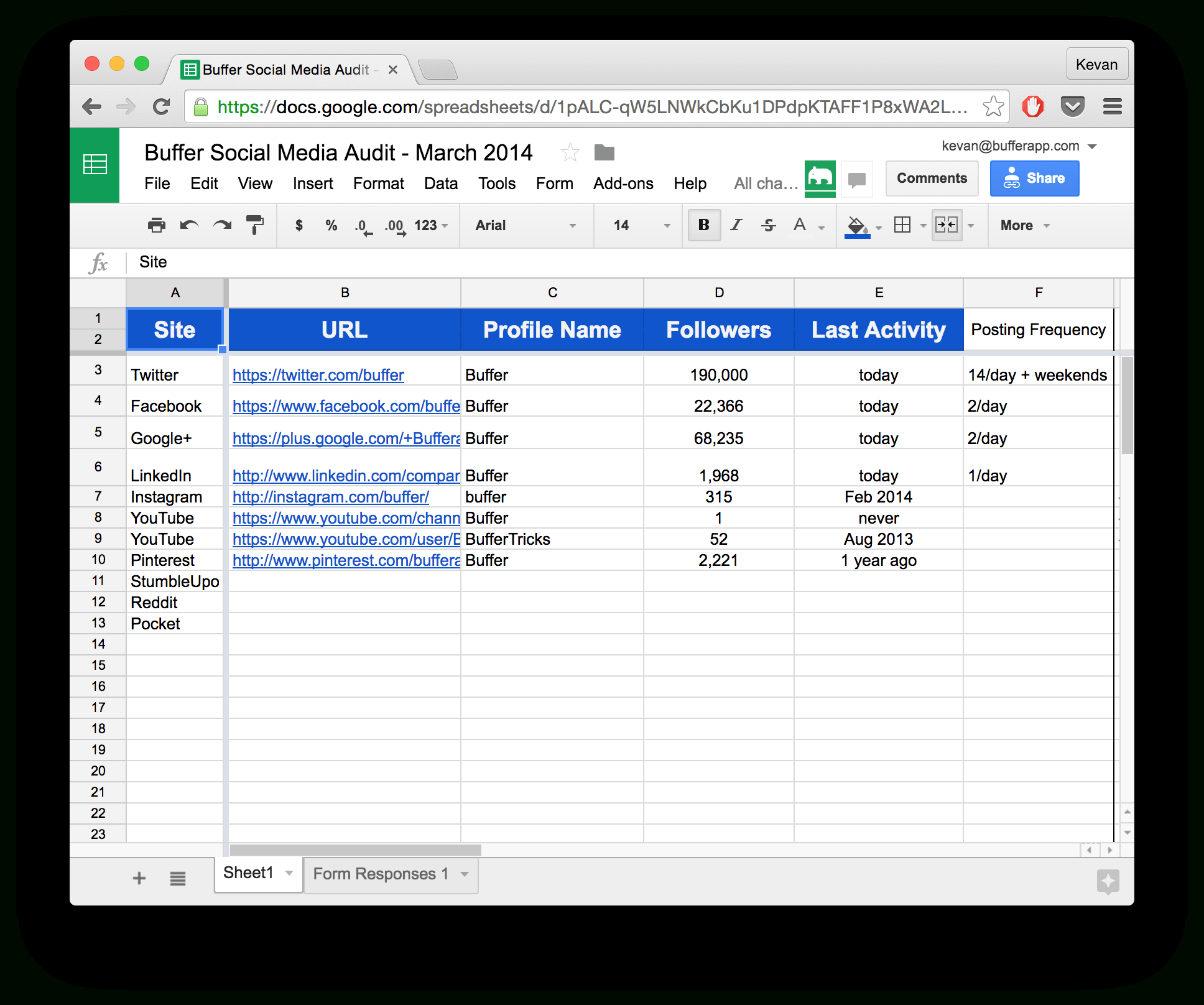Gamification Summit: Boost Ticket Sales With Innovative Strategies
Could gamification be the secret weapon to unlocking record-breaking ticket sales for your next event? The answer, increasingly, is a resounding yes, as innovative event organizers are discovering how to transform the mundane process of ticket purchasing into an engaging, interactive experience that captivates attendees and drives revenue.
Effective ticket sales are the lifeblood of any successful event, and in today's competitive landscape, simply offering tickets is no longer enough. Events like the Gamification Summit, which thrives on innovation and audience engagement, understand this implicitly. They are pioneers in leveraging cutting-edge strategies to not just sell tickets, but to create a buzz, build anticipation, and foster a community around their events.
The Gamification Summit, a highly anticipated annual gathering, exemplifies this trend. This event, a cornerstone for industry leaders, developers, and marketers, provides a unique space to delve into the power of gamification, and explore its potential for transforming business strategies. As the demand for unique and engaging experiences steadily increases, securing a place at this key event has become increasingly important for anyone looking to stay ahead of the curve.
But how does the Gamification Summit achieve this success? The answer, in part, lies in a revolutionary approach to ticket sales, one that has redefined how event organizers engage audiences and drive ticket purchases. Let's delve into the world of gamified ticket sales and explore the strategies that are elevating the Gamification Summit to new heights.
So, how does gamification actually work in the context of ticket sales? Think of it as injecting a shot of adrenaline into a traditionally passive process. Instead of simply presenting a price and a purchase button, gamified ticket sales incorporate elements of game design, such as points, badges, leaderboards, and rewards, to incentivize and motivate potential attendees. This transforms the experience from a transaction into an adventure, creating a sense of excitement and encouraging active participation.
Gamifying the ticket purchase process offers numerous advantages. Firstly, it engages potential attendees in a way that conventional sales methods simply cannot. By adding a layer of excitement and interaction, organizers can capture attention and create a memorable experience that resonates with the target audience. Secondly, gamification can drive conversions. By providing incentives, such as early bird discounts, exclusive content unlocks, or bonus points, organizers can encourage potential attendees to purchase tickets sooner, boosting early sales and generating a positive momentum.
Furthermore, gamification can provide valuable data and insights. By tracking user behavior within the gamified sales system, event organizers gain access to valuable data about their target audience, enabling them to personalize marketing efforts and tailor future events to better meet attendee preferences. This data-driven approach allows for continuous improvement and optimization of the ticket sales process, leading to even greater success.
This is particularly true for a niche event like the Gamification Summit, where the event's core revolves around integrating gaming techniques into various business facets. The very nature of the summit centers around integrating gaming elements, making gamification a natural fit for its marketing and sales strategies. The event's website stands out as a great example, exhibiting how the integration of game elements into the sales process can remarkably enhance its effectiveness. This strategic alignment further amplifies the event's appeal to its target demographic, creating a synergistic effect.
The Gamification Summit website is a testament to the power of this approach. It isn't just a portal for ticket sales; it's an interactive platform designed to engage and excite potential attendees. The site likely incorporates elements such as progress bars, achievement badges, and exclusive content unlocks to reward early purchasers and active participants. This creates a sense of community, encouraging users to come back for more and to share their experiences with their networks.
Consider the use of early bird discounts that are not just price reductions, but also components of a larger game. Perhaps the first 100 tickets unlock access to a special networking event, or purchasers gain entry to an exclusive online forum where they can interact with speakers and other attendees before the event even begins. The possibilities are limitless, the key is to create a narrative that makes buying a ticket an adventure, not just a transaction.
The impact of gamification on ticket sales is undeniable. By turning the process into an engaging experience, events can boost engagement, attract larger audiences, and generate more revenue. The Gamification Summit provides a blueprint, demonstrating how innovative strategies can transform ticket sales into a key driver of event success.
Effective strategies for gamified ticket sales go beyond simply adding a points system or a leaderboard. They involve a holistic approach, carefully considering the event's goals, the target audience, and the overall brand identity. Some core elements include:
- Clear Goals: Define what you want to achieve through gamification. Are you aiming to boost early bird sales, increase social media engagement, or build a stronger community?
- Audience Research: Understand your target audience's preferences, motivations, and online behaviors. This will help you design a gamified experience that resonates with them.
- Reward System: Implement a reward system that offers tangible benefits, such as discounts, exclusive access, or early access to content.
- Progression and Challenges: Incorporate elements of progression and challenges to keep users engaged.
- Social Integration: Encourage sharing on social media to expand reach and create a buzz.
- Mobile Optimization: Ensure the gamified experience is optimized for mobile devices, as many users will access it on their smartphones or tablets.
- Data Analysis: Track key metrics, such as conversion rates, engagement, and user behavior, to monitor the effectiveness of the gamified approach and identify areas for improvement.
Offline ticket sales should not be left behind. Even when interacting with potential attendees face-to-face, organizers can integrate gamified elements to drive ticket purchases. This might involve offering limited-time discounts for in-person interactions, creating scavenger hunts around the event venue with ticket prizes, or providing unique experiences to early ticket buyers.
The success of the Gamification Summits ticket sales, hinges on more than just selling a product; it's about selling an experience. The event organizers successfully create a compelling narrative around the summit, transforming the process into an adventure. This approach resonates deeply with the event's target audience, and it contributes to the summits ongoing success.
The integration of gamification in ticket sales is more than just a trend; it's a strategic move that can significantly boost event success. By engaging potential attendees, driving conversions, and providing valuable data, gamification gives event organizers a powerful tool to capture attention and create a memorable experience. By taking inspiration from events like the Gamification Summit and incorporating these techniques, event organizers can transform their ticket sales processes and build thriving communities around their events.
In conclusion, Gamification is a powerful tool for businesses, and has emerged as a primary factor in increasing engagement and revenue in the current times. The Gamification Summit website stands out as a good example, indicating how integrating gamification strategies into the sales process can significantly enhance effectiveness. The focus on these areas demonstrates how event organizers can not only sell more tickets but also create a stronger brand, and a more engaged, and excited audience.
The future of ticket sales is undeniably gamified. Events that embrace innovation, learn from successful examples, and focus on creating a compelling, interactive experience will be the ones that thrive. It is time to recognize the true power of gamification and unlock the potential to drive engagement, build community, and generate more revenue.
By carefully considering their goals, understanding their audience, and leveraging a variety of techniques, event organizers can create a system that not only sells tickets but also enhances the entire experience for attendees. This strategy creates a synergy between marketing, sales, and the overall event, enhancing the events reach and ultimately, its success.
Considering the Gamification Summit's remarkable success, let's analyze the ways other events can adopt a similar approach. Here are some practical steps event organizers can implement to integrate gamification effectively:
- Identify Core Goals: Begin by clarifying specific objectives. Are you seeking to enhance the excitement around your event? Drive early ticket sales? Improve customer participation? Understanding these objectives helps shape your gamification strategy.
- Know Your Audience: Understanding what motivates your target demographic is crucial. Conduct thorough research, and collect feedback from attendees, and study their behavior to determine the design of your game.
- Select the Right Gamification Elements: Decide which game elements will best engage your audience. Possibilities include points, leaderboards, badges, and exclusive rewards. Choose elements that fit your event's theme and appeal to your attendees.
- Build a Clear and Accessible System: The gamified system should be straightforward and easy to understand. Ensure it works effortlessly on mobile devices, and provide thorough instructions to make participation as simple as possible.
- Incentivize Early Action: Offer rewards to incentivize early ticket sales. This can include early bird discounts, entry to exclusive pre-event activities, or special access to content.
- Encourage Sharing and Interaction: Integrate social media elements. Encourage attendees to share their progress and achievements. This promotes the event and brings in fresh participants.
- Provide Ongoing Engagement: Keep the game dynamic even after ticket purchases. Make attendees more involved by giving them challenges, contests, and exclusive content up to the event.
- Measure and Refine: Regularly track the performance of your gamified features. Analyze conversion rates, engagement, and feedback to adjust the strategy and improve results.
The beauty of gamification lies in its versatility. It can be integrated across various platforms, from the event website to social media, and even into the check-in process. This allows event organizers to create a seamless experience, transforming the entire journey, from initial awareness to post-event engagement, into a fun and rewarding game.
The key lies in creating a compelling and engaging narrative. Every element of the gamified sales process should contribute to the overall story, from the initial challenge of finding the event to the reward of attending and participating in a thriving community. By developing a unique and immersive narrative, event organizers can create an experience that resonates with their audience and transforms the process of ticket sales into a source of genuine enjoyment.
The Gamification Summit is not just an event; its a case study in how to leverage innovative strategies to redefine the relationship between event organizers and their audience. The approach transforms the process of ticket purchase, building communities, and providing value that goes way beyond the event itself. By understanding and implementing the elements of gamified sales strategies, other events can follow in the summits footsteps.


